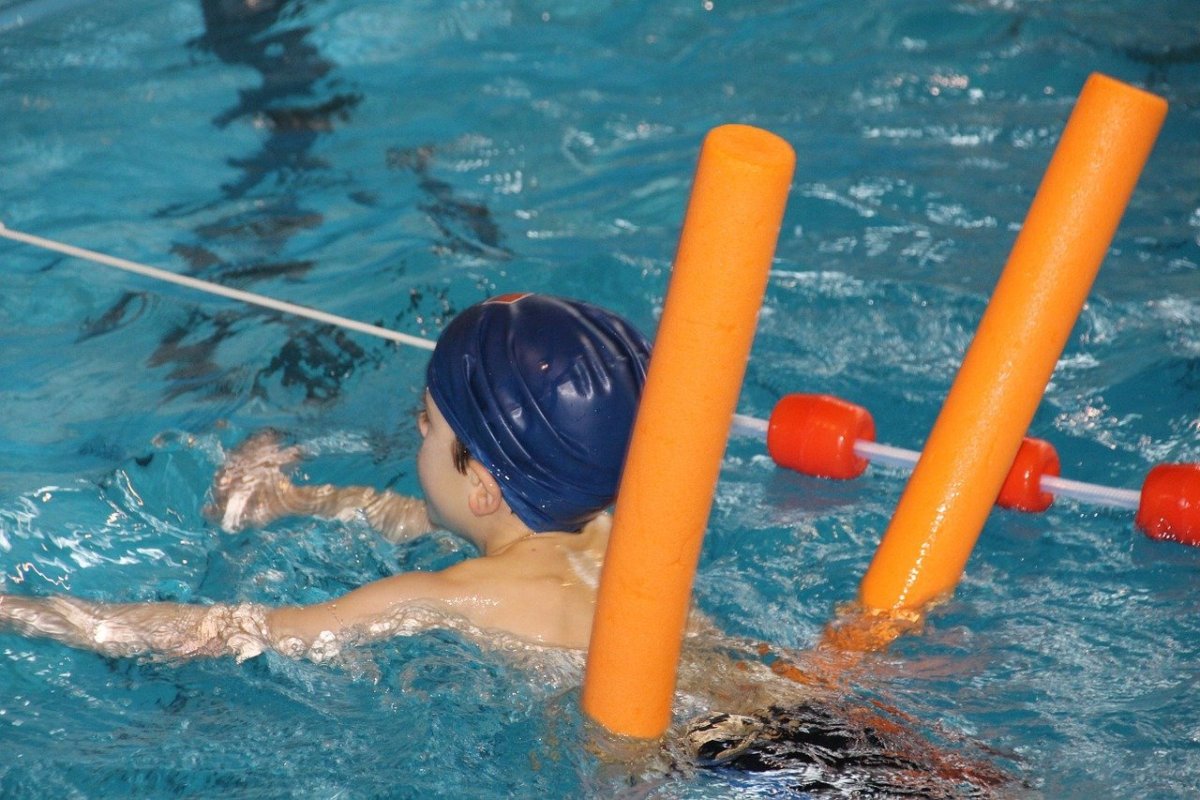Swim schools across the state of California have been given permission to operate as essential businesses after many swim school owners banded together in order to provide cause for being deemed essential.
“Initially the state of California allowed infant swim classes for ages 12 months and under to be essential. But we were watching what was happening with kids (ages 1-4) drowning throughout the summer,” said Joan Smith, who co-owns San Mateo County-based King’s Swim Academy with her husband Jeff.
Swim schools up and down the state worked with an agency addressing injury and accident prevention specializing in children to approach the state with their case.
“We said, you guys need to take a look at this, this is essential,” said Smith.
According to the U.S. Consumer Product Safety Commission, in children ages 1 to 4 years old, drownings remain the leading cause of unintentional death.
“This year, with more families spending time at home, the delayed opening of many public pools, and a pause on many traditional group swimming lessons, I urge everyone to take critical safety steps to reverse the upward trend in fatal child drownings,” said CPSC Acting Chairman Robert Adler.
While the Centers for Disease Control and Prevention has stated there is no evidence that COVID-19 can be spread to humans through the use of recreational waters, there are COVID-19 guidelines that must be considered.
With one location in San Carlos and another in San Mateo, KSA has provided a list of COVID-19 guidelines in order for students to attend swim classes, including requiring items such as towels, goggles or snorkels to not be shared. Instructors must wear a clear face shield while in the water, showering at the facility will not be allowed and makeup classes will no longer be permitted in order to maintain a closed group.
Smith says most swim schools across California are run by small business owners like her family and the financial implications of COVID-19-related closures have been strenuous on many.
“We are on a shoestring budget,” said Smith.
Before the announcement on Friday, Smith, who opened her swim school in 2007, was considering pulling her children out of private school and canceling all tuitions in order to make ends meet. Up until March of this year, the school had over 3,400 registered students, since then they have been functioning at around 30 percent of pre-COVID capacity.
While the news brings some financial relief, Smith is mostly comforted by knowing her school can once again provide classes on a lifesaving skill.
